|
I would like to share the work of Evangeline Downey. She's working on an issue in the Prestons that I've followed since I was a kid growing up on the other side of the Waverley Game Sanctuary. Land Title is the problem. You can help.
For more than 200 years, many African Nova Scotians have been living on land passed down by their ancestors without clear land title. Without clear title, they can’t get a mortgage, bequeath or sell their land, or access housing grants. Though you may not have heard about this local issue, here's a BBC article about it. In 2016 the government announced there's a Land Title Initiative 'in the works'. It's been in the works since the 1800's. I've written about it many times and shared the news each time it comes up. It could get settled permanently this year. The most fundamental fact of Nova Scotia’s political thinking is wrong, but the secret truth is coming out. The foundational message of the Ivany report, the economic bible that has set the course for Nova Scotia’s economy over the last 10 years, was that Nova Scotia is getting old, too old. And old is bad. It is the single motivating premise for all Nova Scotian political thinking since. Everything, it seems flows from this fundamental truth. It is repeated ad nauseum as the reason for every government initiative, every hairbrained economic development scheme, and every political party’s pitch. But is it true? Are we getting old? Too old? Or is our greatest social/economic fear misplaced? If so, what about the fear-based decisions government is making? Returning Households to their place as the central building block of the economy. The Book of Ecclesiastes tells us that there is nothing new under the sun. And the Byrds paraphrased it in their hit song Turn turn Turn and it all surly must be true - even when it comes to economics and taxes. I've been concerning myself with the notion of LABOUR-BASED TAX CREDITS as a rural region economic development tool since early 1995. In fact, that's pretty much been my only idea. But it's proven to be a solid one so I've stuck with it. About 4 years ago after a stint at LSE I came to a foundational conclusion: Households are the basic building block of economies. I know it seems like government and corporations are the real machinery of the economy but it's just not true. Government and corporations work only in service of households. When they fail to serve households - that is when economies fail. Today we suffer from a kind of fast food economics. The simplest way to describe it is growth without prosperity. Empty calorie economics. The problem is people are told by government, media, and corporations so often that everything is jobs jobs jobs and growth growth growth that they don't even have the vocabulary to describe their problem. They just say they are 'worried'. But they try to explain. In a CBC survey last week people described it as best they could as concern about the "cost of living". Growth without Prosperity I've written about this problem a lot. In particular, many new economists are concerned that even the way we measure and talk about economic performance - namely the GDP or Gross National Product - creates this upside down world where government and corporations are more important than households. The problem is the GDP just does not count what really matters. Robert Kennedy, in the weeks before he was killed said, "the gross national product does not allow for the health of our children, the quality of their education or the joy of their play. It does not include the beauty of our poetry or the strength of our marriages, the intelligence of our public debate or the integrity of our public officials. We're now in a place where I think only the accountants can save us. The good news is there's a lot of new writers out there working on the subject in a really interesting and accessible way generally under the genre of Feminist Economics Who Cooked Adam Smith's Dinner? by Katrine Marcel Double Entry - by Jane Gleeson-White Doughnut Economics by Kate Raworth Are all great places to start. A few years ago I took a deep dive in to politics and came out with one big idea - the notion of a labour-based household tax credit. It's a big and very different idea about economic development than the way we've been looking at things since WWII. The idea is to return the household to the centre of economics. I got the idea from studies and work done at Columbia and the Chicago School in the 1960's by Jacob Mincer and Gary Becker Their work got caught up in the times and bogged down by issues like "what is a household?" That wouldn't concern us now as we are free to define it as any arrangement of household affairs.
But it got me going and I worked my best on introducing the notion of a New Home Economics - a labour based household tax credit in Nova Scotia. It did not go well. The current Liberal government not only did not want to hear the idea, within months they announced they would cut the Film Tax Credit I had worked to develop and went to some lengths to say that Tax Credits were the worst. (This line of talk petered out because they actually support many tax credits.) Then I tried to get it up to the plate as an election issue and failed... well... totally. But I did get to pitch the idea and write about it at length. Here's the best synopsis of the idea I could write in June 2017. The notion is we’ve struggled for a long time with political parties that ask us to choose between Big Government and Big Corporations to fuel the economic engine. I believe there’s a third way. A New Home Economics The big idea is that it's a labour based tax credit that helps households, returns them to the central role in the economy and future proofs them for the future of work where households themselves will look more like - and have all the rights and benefits - of corporate businesses. In other words, let's give regular households all the perks enjoyed by the richest and most corporate players in the economy. I believe the result will be to: speed up the pace of the rural economy, and keep capital and economic activity in the rural region longer, creating more wealth and focusing economic effort on the things we care about most - our families, homes, and regional environment. I've continued to write and research about the idea. The new discussion of a Green New Deal that reminded people of the best of Progressive Economics and how economies can be geared toward environmental rebuilding as easiliy as they have been focused on environmental destruction has also helped focus the New Home Economics idea. The Finnish Model This week I've found a major breakthrough in the Finnish Tax Code. This is why I say there's nothing new under the sun - even in economics and taxes. Finland has a Tax Credit For Household Expenses well established with clear rules and results. https://www.vero.fi/en/individuals/tax-cards-and-tax-returns/income-and-deductions/Tax-credit-for-household-expenses/ The rules and regulations are simple, tried, and proven. With this system so completely and clearly worked out and federal and provincial elections coming up I'm genuinely thrilled to start writing talking and lobbying for the idea again. If you're interested, would like to hear more, or want to help, send me a note. Today I saw a great article on NPR about the health and happiness benefits of talking to strangers. I agree so much with this. Like many things that make us better, it makes the community and world better too. Want To Feel Happier Today? Try Talking To A Stranger This morning there was more bad news and more concern about the costs and performance of the Nova Centre and its heavy financial impact on regular households. The CBC article was trailed as it always is by reader comments snarkily stating how obviously flawed this plan has always been.
And yet every government expert interviewed by the CBC steadfastly stays with the notion that this... building... is the best thing ever for the city. How do we change or improve if we can't, like the famous AA 12 steps, first admit that there is a problem and second believe that change is possible. At the heart of the matter is the question, "Under what circumstances will we change our mind?" What do we know about speed?
The speed of time travels at one second per second Speed is irrelevant if you’re going in the wrong direction. The speed of the human mind is remarkable. Just like its inability to recognize the obvious. Speed is no advantage round a vicious circle. Speed (time) is money And of course… Speed kills. And that’s the most obvious problem in our ocean today. Real mysteries remain about Canadian confederation. Following the story of the original Canadian separatist, Joe Howe, and the events surrounding Dominion Day, Canada’s first birthday, gives a unique perspective of anti-confederate rebels, rogues and riches. Regular people spoke out against a system of power and control totally absorbed with empire building on a scale rarely seen before or since that got us into confederation. Nova Scotia’s anti-confederates hoped to get us out. But they had limits bound by politeness, respect, and the natural urge of peace. In our work we do a lot of timelines.
If all of human history was played out in your lifetime... Happy 40th Birthday. You learned to control fire on your first birthday. You invented farming about six months ago. Jesus came and went one afternoon in the spring. The machines of the industrial revolution popped up last week. You first heard of the internet after breakfast this morning. And now you're reading this note and wondering about what happens tomorrow, which is nearly 30 years from now. In our work we do a lot of timelines.
If all of human history was played out in your lifetime... Happy 40th Birthday. You learned to control fire on your first birthday. You invented farming about six months ago. Jesus came and went one afternoon in the spring. The machines of the industrial revolution popped up last week. You first heard of the internet after breakfast this morning. And now you're reading this note and wondering about what happens tomorrow, which is nearly 30 years from now. It's amazing to look back now and see which bits of my father's advice I picked up and which examples I chose to follow from all those years. I think it's in this choosing, which can change over time, that the child gets to choose who their father is. Today I saw The Biggest Little Farm and it reminded me how exciting this factual business is, how far it has come, and how action packed full the future is with opportunity and promise for telling amazing, beautiful, fun, useful stories. It's like we're just getting started. If you want to see something of how awesome factual story telling can be take a look at the Biggest Little Farm trailer. It's just state of the art. The NY Post called The Biggest Little Farm” an optimistically riveting tour through their first seven years of a family farm. In a time when climate news is near-uniformly depressing, this is a nature program that pays loving and hopeful tribute to the complex web of life — and it won’t scare your kids. For me it was a long road round to get into the TV business. When I started it was still called documentary. We now call it "factual entertainment" and the new title encompasses so many new ideas and styles. Over the years everything has gotten better; the cameras, the editing, the pacing, the storytelling, the characters, the opportunities for showing and sharing, and the business side of the thing continues to grow faster and farther than any other part of the creative screen industries. I suppose I saw documentaries as a kid. NFB film strips in school. But it was when we got cable and I saw the original TLC network that I really paid attention. I saw something amazing... Silver Donald Cameron is golden in my view. Beyond his insights, clever charm, kindness, and genuine curiosity and concern for all things, I think it's his capacity for effort that most captures my attention. Through his adventures, work and writing he's lived several lifetimes already and the volume of his output seems to be increasing. "We measure ourselves by many standards," said William James, over a century ago. "Our strength and our intelligence, our wealth and even our good luck, are things which warm our heart and make us feel a match for life. But deeper than all such things, and able to suffice unto itself without them, is the sense of the amount of effort which we can put forth." We're all capable of so much more than we imagine.
The sharing of stories predates writing and every other medium we use to share stories. But we know a lot about ancient story telling because, once you look 'under the hood' stories, story telling hasn't changed very much in human history.
Stories have been told since the beginning of human consciousness using a combination of oral narrative, music, art and dance. Stories, at their best, bring understanding and meaning of human existence through remembrance and enactment. Today may seem different than the ancient past, but the mediums for story telling have changed only a little and architecture of stories has changed very little in all human history. Because of this we all know a lot about stories. We're born with story sense and we learn a lot more very quickly. We learn the rules, vocabulary and style of story telling fast. By two most of us know as much about story as anyone, and we go on to refine our story hearing skills throughout life. When I was a kid summer meant road trips wandering the backroads and shores of Nova Scotia. Stopping along any pretty stretch to explore, talk to people, and generally take in the place.
Sometime in the coming months I hope to get on the road with Amanda and Dorothy and start our own dirtroad diary, visit rural friends and family, and return to the roots of Nova Scotia's real wealth. My ultimate lifetime dream is to spend a summer walking around Nova Scotia. The wet, muddy peat moss difused the blood to water as quickly as it was spilled. Through the rainy grey first weeks of April over 80 of the strongest and most able Chisholms in Strathglass, the ancestral valley of the clan just west of Loch Ness, prepared for a last desperate battle. On April 16th they met with their fellows on the rolling hills of Culloden moor and together met their fate. Regular people. Fighting an English army.
About 30 were killed outright in the field. The rest were hunted with dogs. The commander of the English army, Edward Cornwallis, had orders to destroy. And that’s what they did. Properties were looted and burned, livestock was driven off, crops were destroyed, women and children were brutalized and families were burned alive in their homes. By April 19th only three of the men could be accounted for. And they were in chains. Nova Scotia’s political class bases much of their ideas and efforts on a bleak assessment of Nova Scotia that is wrong. Not just a little wrong. Totally wrong.
What happens if you make decisions based on wrong information? Generations of Nova Scotian politicians and bureaucrats have often had a muddled understanding of the economy they preside over. Nowhere is that more muddled today than in Pictou County’s Boat Harbour. At the centre of it all is a pulp mill and its poison garbage dump on the north shore of Nova Scotia. It’s a place that takes the pitiful remnants of our forest and uses it to make the goop from which toilet paper is made. You may have heard of the Mi'kmaq first nation protests about it, or the political ‘studies’ and promises to ‘look into it”, or the fisherman’s blockade, or you may have read Nova Scotia actor/activist Ellen Page’s tweets about environmental racism in Pictou County. “That’s the smell of money and politics” my Pictou county grandmother used to say when I’d wrinkle up my nose and ask her what the heck the stench was. My grandfather, less circumspect and much more closely aligned with the woods, waters and wildlife around Granton and Pictou Landing, would just hawk and spit. It's always seemed notable to me that Labour Day is a day as far from the labours of the day as one could imagine. Labour Day in Canada dates back to 1872. Almost a full decade before the US Labour Day holiday. Strangely, it has it's roots in Progressive Conservative government policy, ideology and passions as I wrote about last year. But it couldn't be more different than the European May Day pagan celebration turned riotous workers rebellion. Why do they call itGood Friday? It must have been a pretty bad day. All the disciples in confusion. Jesus, their leader, dead. Could they have been wrong believing in Him? Mother Mary, surviving an extraordinary life, has lost her son. For Mary Magdalene and all Jesus friends and supporters it must have been a terrible day. In the bible story it was literally the death of their Way, their church, their hope. It sure didn’t look like a Good Friday in the story. Maybe tragic Friday. Betrayed by a close friend. Dealt a mortal injury. The government and all the powers of the land against him. Even God had forsaken him. No one left was given any help, hope, or explanation. But time passed. In the bible story after three days Jesus came back in spirit and brought more hope, more believers, more help, and more understanding than a mortal Jesus ever could have. After three years the disciples turned apostles spread their teachings farther than ever imagined. After 300 years Christianity became the religion of the entire Roman world. Now, after more than 2,000 years the stories of the bible bring hope, help and a sense of understanding to hundreds of millions of people. It’s only in looking back that the worst day ever – the darkest day in history for Christians – is Friday understood as good. We’ve all had this experience; the days that are the darkest, the days that hold us back, stop us on our path; the days we must deal with the details of death; the days when terrible secrets are revealed and pain comes; days we expect the world to stop turning and that nothing good will ever happen again – that there will never be anything beautiful again. These days lead us to our destiny. It hurts so much when we are done wrong, betrayed, brokenhearted, spoke against, unforgiven, left and lost . But these are the dark days that define the beginning not the end. These are the days that define our destiny. It’s up to us to push on – to see the light ahead. Where would Christianity be without Jesus betrayal, without his mortal wound, without the government and people against him, without his death, without his troubles? Where would the world be? It’s up to us to push on through our troubles; to wait for the light of future hopes to return when things go dark. That’s the point of the bible story; that’s the point of Good Friday. Three days changed everything. Time changes everything. It may be Painful Friday in your life right now, but Sunday is coming. Through terrible teaching of life’s lessons you learn that the things you thought you needed you can live without. Bitterness, pity, mediocrity, and sorrow will tell you it’s a terrible Friday when you’ve been betrayed, when you’ve lost, when you’ve been fired, stricken, or talked down; when you’ve had violence done to you. But time will tell. Time will reveal another destiny, another purpose, another hope. It may not seem good. But with the fullness of understanding that comes over time we will look back on all these bad things in our lives and say… it was a Good Friday. In the TV business, in the writing business, and certainly in the news, we learn early that problems drive stories, complications make us rise to the challenges. Good times rarely push people to try, harder, to do more, to reach out, to expand their understanding, to pay attention to other possibilities. Only troubles do that. Our enemies do more to promote us, to help us, to make us stronger than they will ever know. Without them; without the critics, cheaters, backstabbers, whisperers, and bullies we wander, we atrophy, we lose our way, we become weak in mind and spirit. If we had only friends and supporters, if we are sheltered, coddled, and protected, we would live as mindless, heartless, soulless shadows. Our humanity, our history, and our future, is forged in the fire of trouble. We need the detractors, the demons, the troublemakers, and the unbelievers. We need their sparks and violent flame to light our fiery path. However, dark, sad, and terrible it is, Friday is good because it means Sunday is coming. The Grünewald Crucifixion National Accounting It was because of the war. In the summer of 1940 the British government needed to understand many things, including their war costs and where the money would come from to finance a defence of England. Simon Kuznets was tasked with working it out. The idea was to use accounting… the same bookkeeping developed 300 years before for the merchants of Venice… in a really big way to account for everything. Kuznets called these national income statistics the Gross National Product (GNP or sometimes GDP for regional calculations). Variations of this idea have become the key measure of the success of nations, provinces and states. In the same way the quality of business decisions depend on good bookkeeping and accounting, national accounting is a critical component of institutional infrastructure that government and politicians need to face the challenges and opportunities of our economy. But this singular economic tool used to analyze economic cycles and as the basis of budgeting, planning and forecasts – the single number used by government and media to underpin and justify all our foundational political decisions – was known to be wrong almost from the start. Today the GNP or GDP has very few friends and many good alternatives. "I'm not a member of any organized political party. I'm in the Progressive Conservative Party."
It's an old joke, but Halifax Chebucto's Constituency Association is meeting this fall to reorganize, regroup, and reboot. The institutions and people that hold power are rarely as organized or as united as they first appear. This creates wonderful opportunities for people advocating for positive change. Whether you're a long time member, past member, or new to politics, we'd love to have you join us. The next meeting is September 20, 2017, 7-9 pm at my place… 6484 Jubilee Road in Halifax. If I was a more cautious person I wouldn’t write this. I’ve quit dozens of times. I’ve always gone back. This time I think it’s different. A couple weeks ago I was suffering from terrible stomach pains. Bad enough that I went the hospital emergency at midnight. A bunch of people in my circle have had appendicitis. I thought it was my turn.
The wait was reasonably short. Then I was poked prodded and examined all through the night. They took vitals and blood. Their concern, for a ‘man of my age’ was my heart. Eventually, I was on a table with a deeply engaged doctor working an ultrasound. He started to kind of laugh. He apologized and explained as he moved the lubricated wand around my belly, “what I’m doing here is pushing around giant balls of gas… you have gas!” He continued his work. “Wow, this must be really uncomfortable. It looks like it’s going to explode.” His observations seemed to veer from professional to curious, to grossed out. I tell myself to calm down, to take less interest in things, to not get so excited and to mind my own business. But the good journalists won’t let me. They won't release me from the problems of the day.Here are 3 quotes from today's Halifax Examiner. Solid Muckraking journalism like this, as uncomfortable as it is for some people to read, is what will improve our government and help make Nova Scotia whole.
Some people are connected and some aren't. Government sees the 'positive' impact of the connected people and sees the unconnected people as 'the problem'. The irony of Ivany is that the report was an opportunity to get at the 'unconnected people' and understand how their disappointment, discouragement, and disconnectedness impacts our economy, our culture, and our hopes for the future, but it was created, shared by, and used to rally the connected people. Ivany simply told the unconnected people to buck up. Let's agree that journalism is a cornerstone of good government. Good journalism connects the unconnected. Journalists from Joseph Howe to Tim Bousquet act as mediators - translators between regular citizens and policy-making elites. A transit-oriented development (TOD) is a residential or commercial area designed to maximize access to public transport, and often incorporates features to encourage transit ridership. A TOD neighborhood typically has a center with a train station, metro station, tram stop, or bus station, surrounded by relatively high-density development with progressively lower-density development spreading outwards from the center. TODs generally are located within a radius of one-quarter to one-half mile (0.4 to 0.8 km) from a transit stop, as this is considered to be an appropriate scale for pedestrians. Many of the new towns created after World War II in Japan, Sweden, and France have many of the characteristics of TOD communities. In a sense, nearly all communities built on reclaimed land in the Netherlands or as exurban developments in Denmark have had the local equivalent of TOD principles integrated in their planning. The idea of transit-oriented development has been around for over 100 years. In fact, most of Halifax is built on that idea. That’s why few middle class houses in residential Halifax have dedicated driveways or garages. When they were built 80 to 100 years ago it was assumed that the best way to get around town was public transportation focused on hubs or ‘stops’ which would be centres of commercial activity… all small business of course. With the coming of the automobile we lost the ball. But now it is time to pick it up again. Practically no new ideas are required. This has all been work out quite elegantly over 80 years ago by urban planning movements that focused on beauty, efficiency and the idea of separating the various modes of transport in an meaningful way to allow room for humanity to prosper. The most exciting and successful of these movements was the Garden City Movement (check it out on Wikipedia) and we would do well to revive these ideas. A couple immediate results: Making combined car, bike, pedestrian thoroughfares is not the way to go. These are very different modes of transportation and deserve to be treated differently. Second, all future development should be controlled by the government to embrace Garden City ideals. It makes no sense to continue to allow automobile-centric residential and commercial development when we know with certainty it is leading on a path to disaster. What's the most beautiful neighbourhood in Halifax?
Is this a question of opinion, taste or preference? Is your neighbourhood the most beautiful to you? Does the market price beauty? When it comes to neighbourhoods is beauty in the eye of the beholder? |
John Wesley
Writing about life, citizenship, and Nova Scotia. Archives
June 2020
Categories
All
|
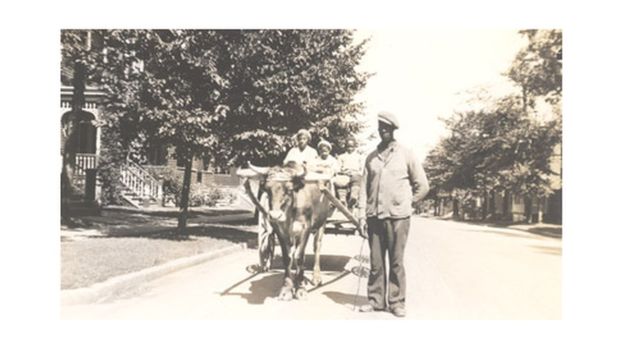




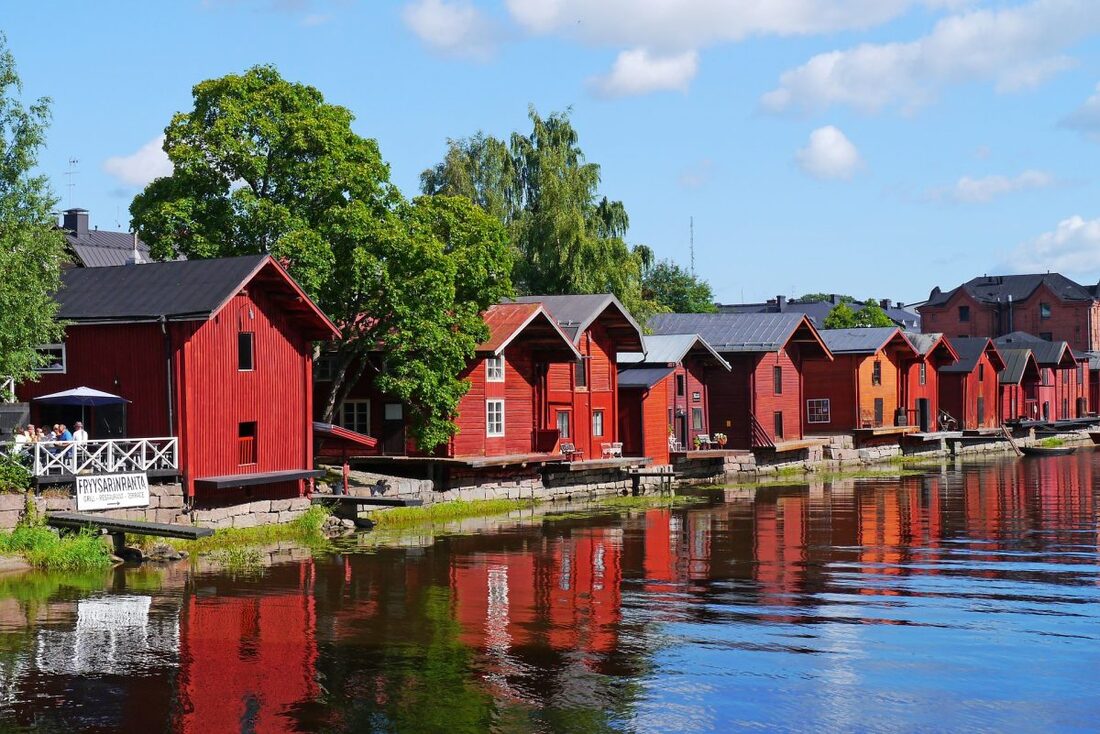
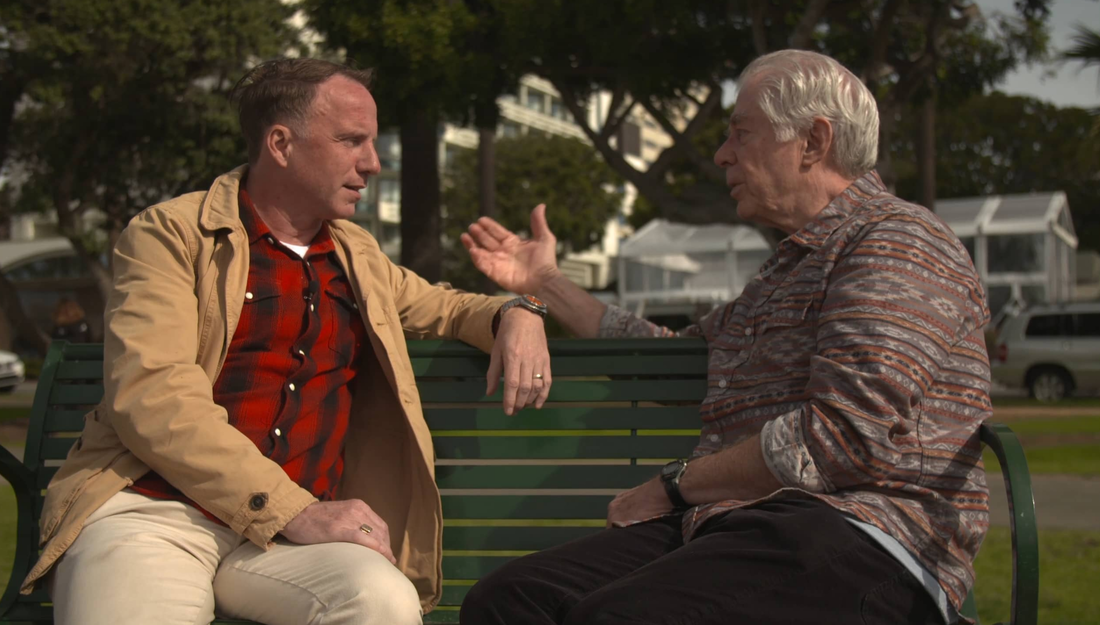
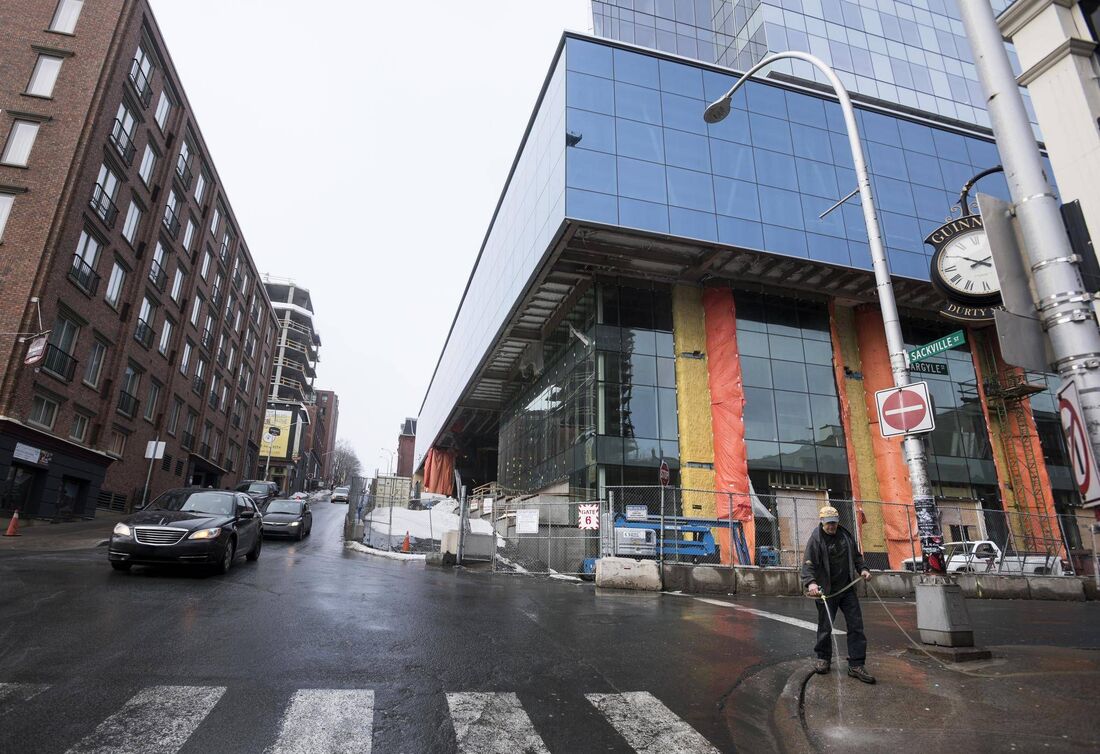


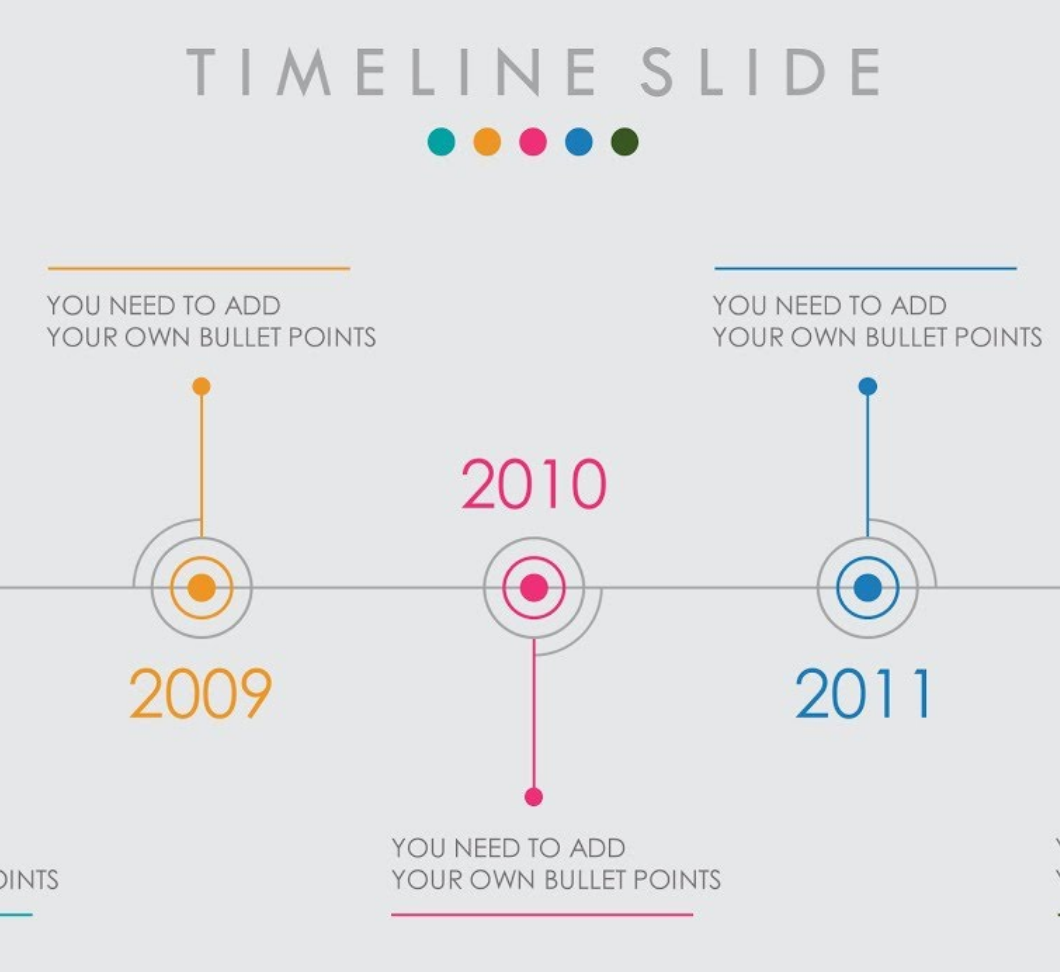
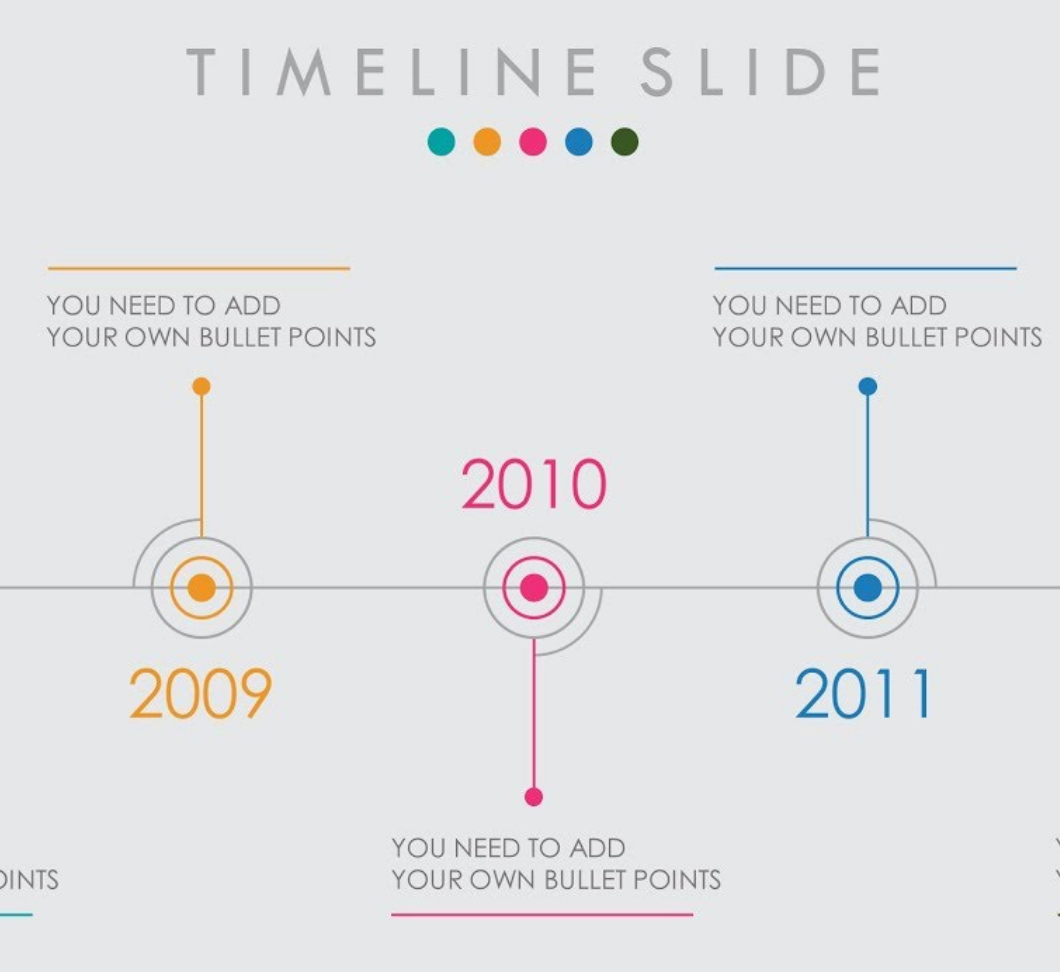
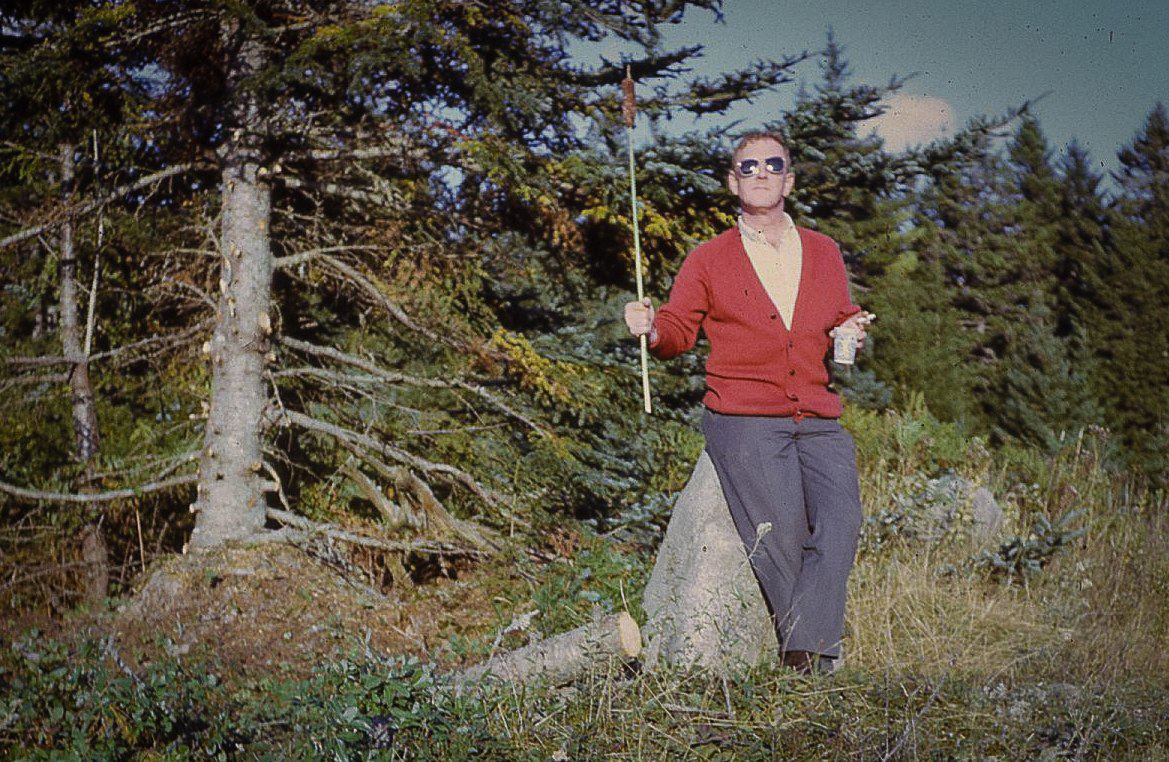

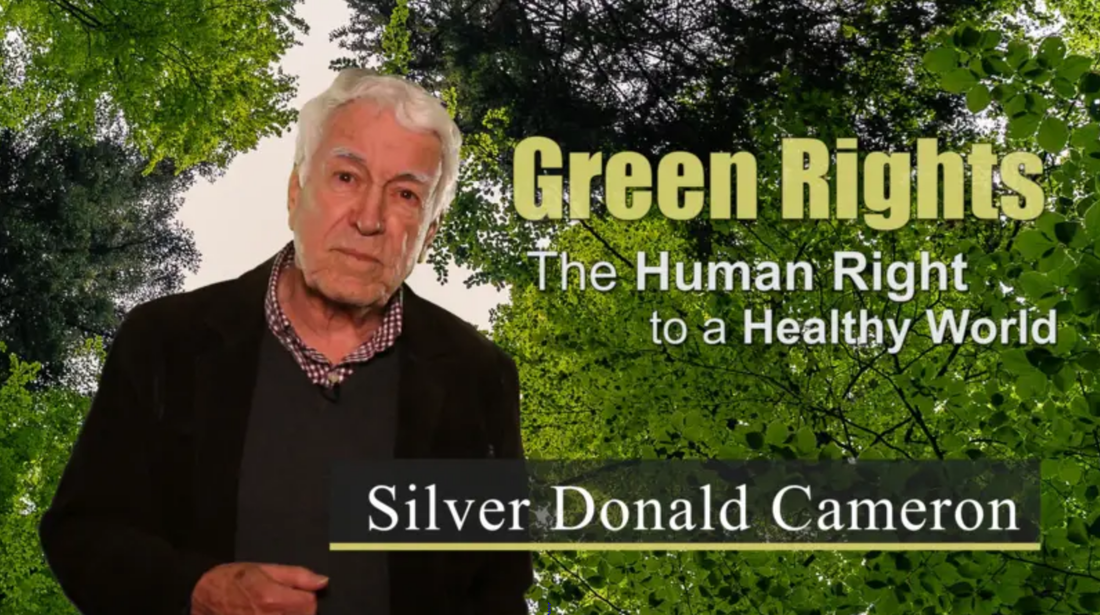
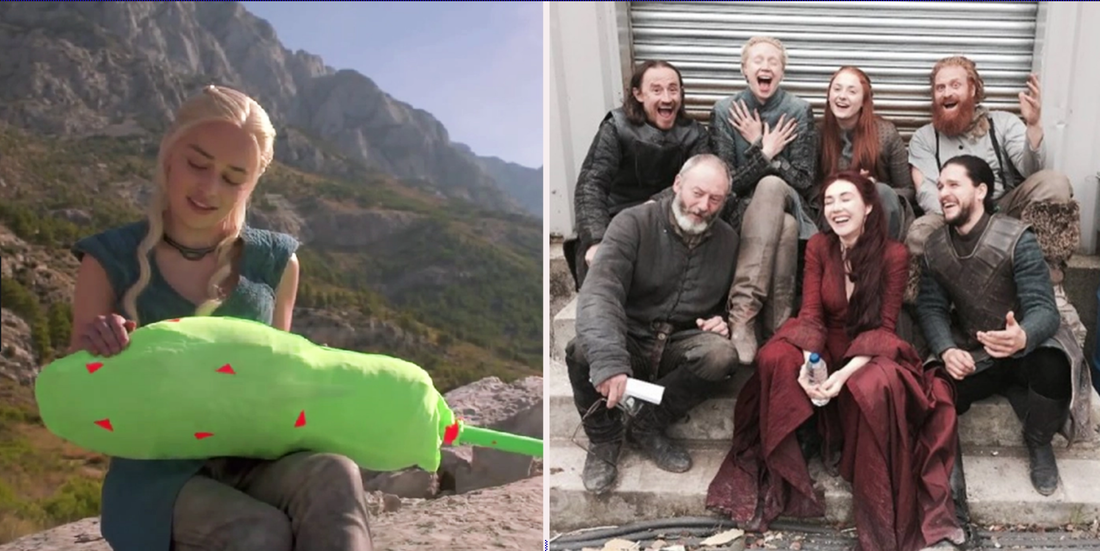
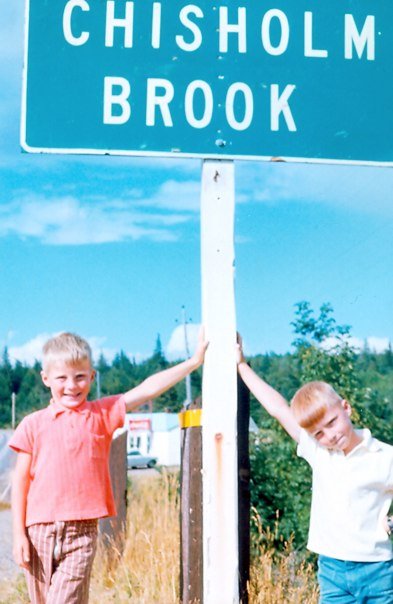
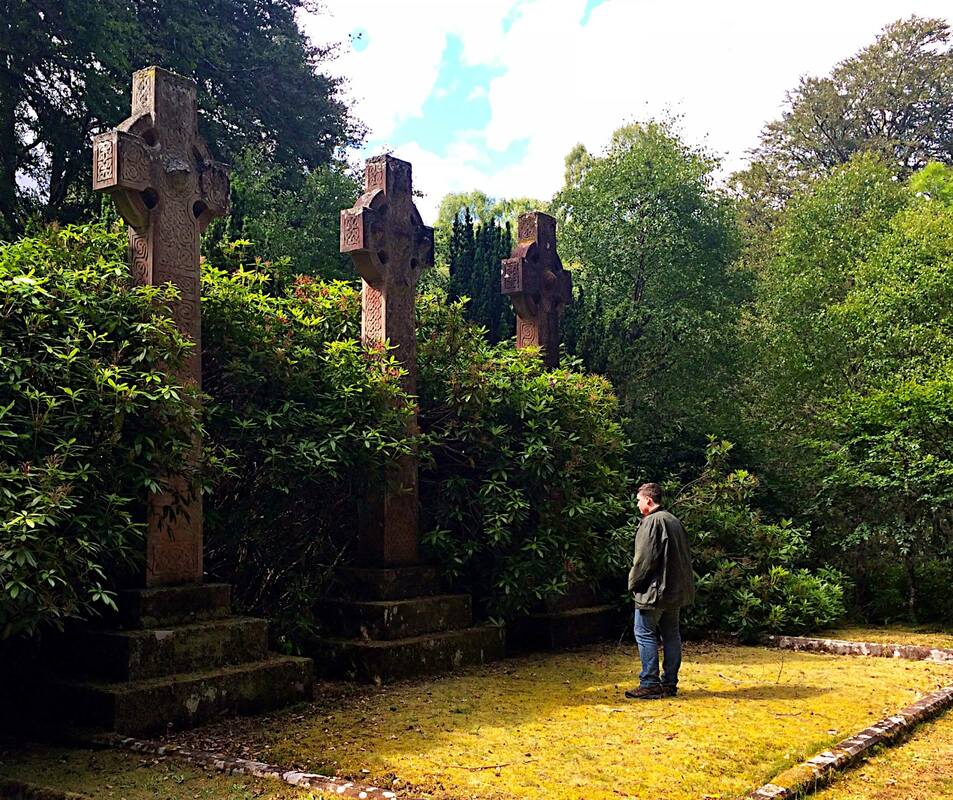
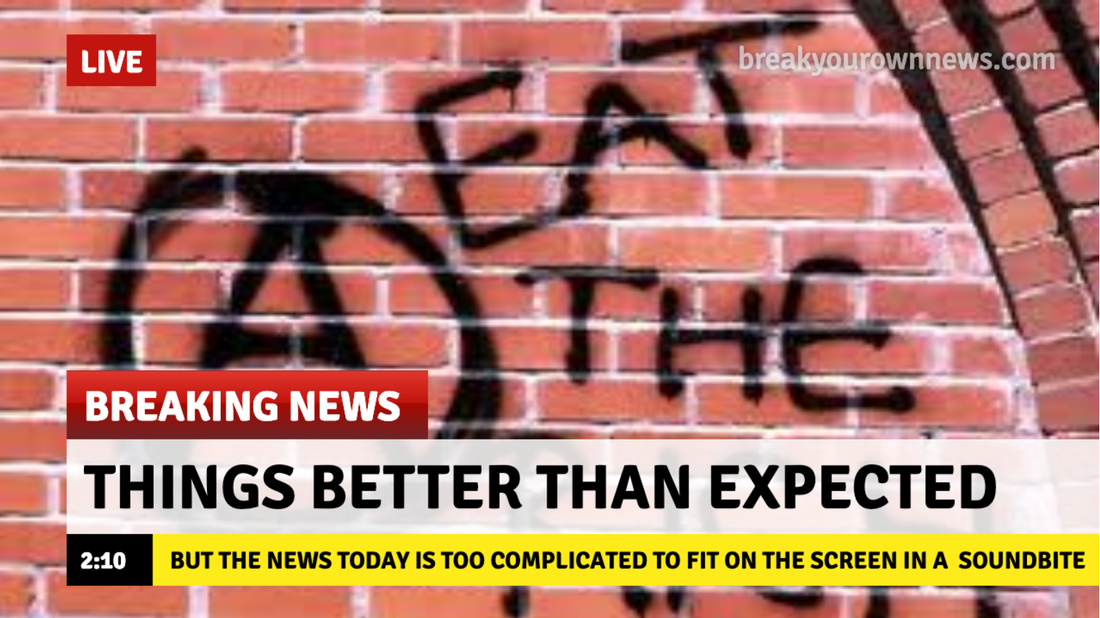

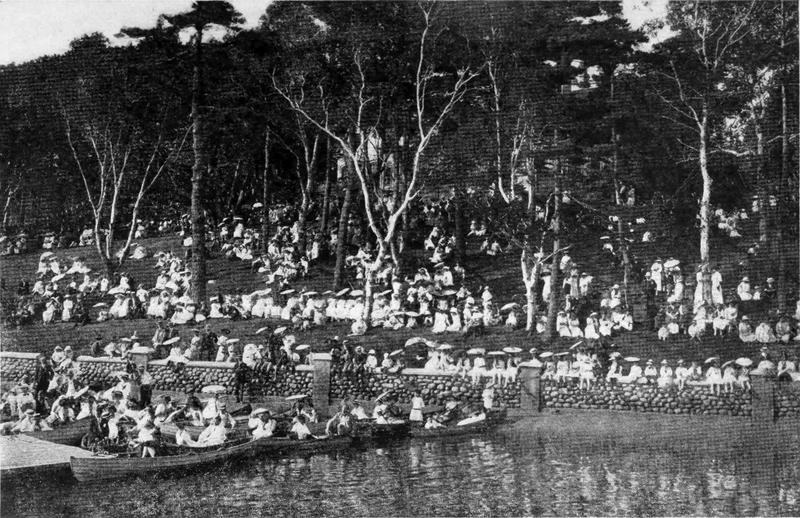
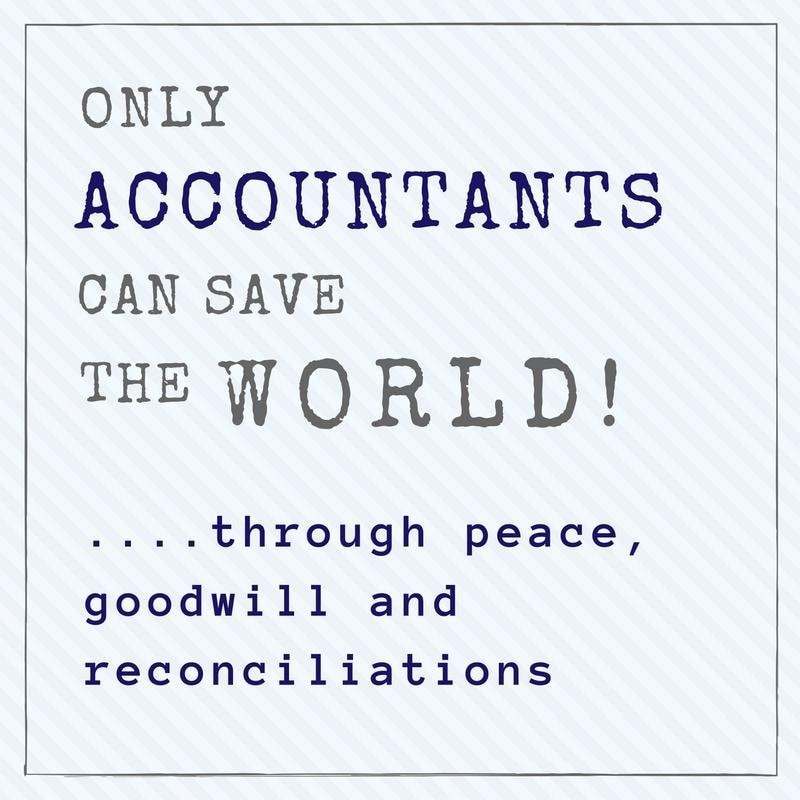

 RSS Feed
RSS Feed